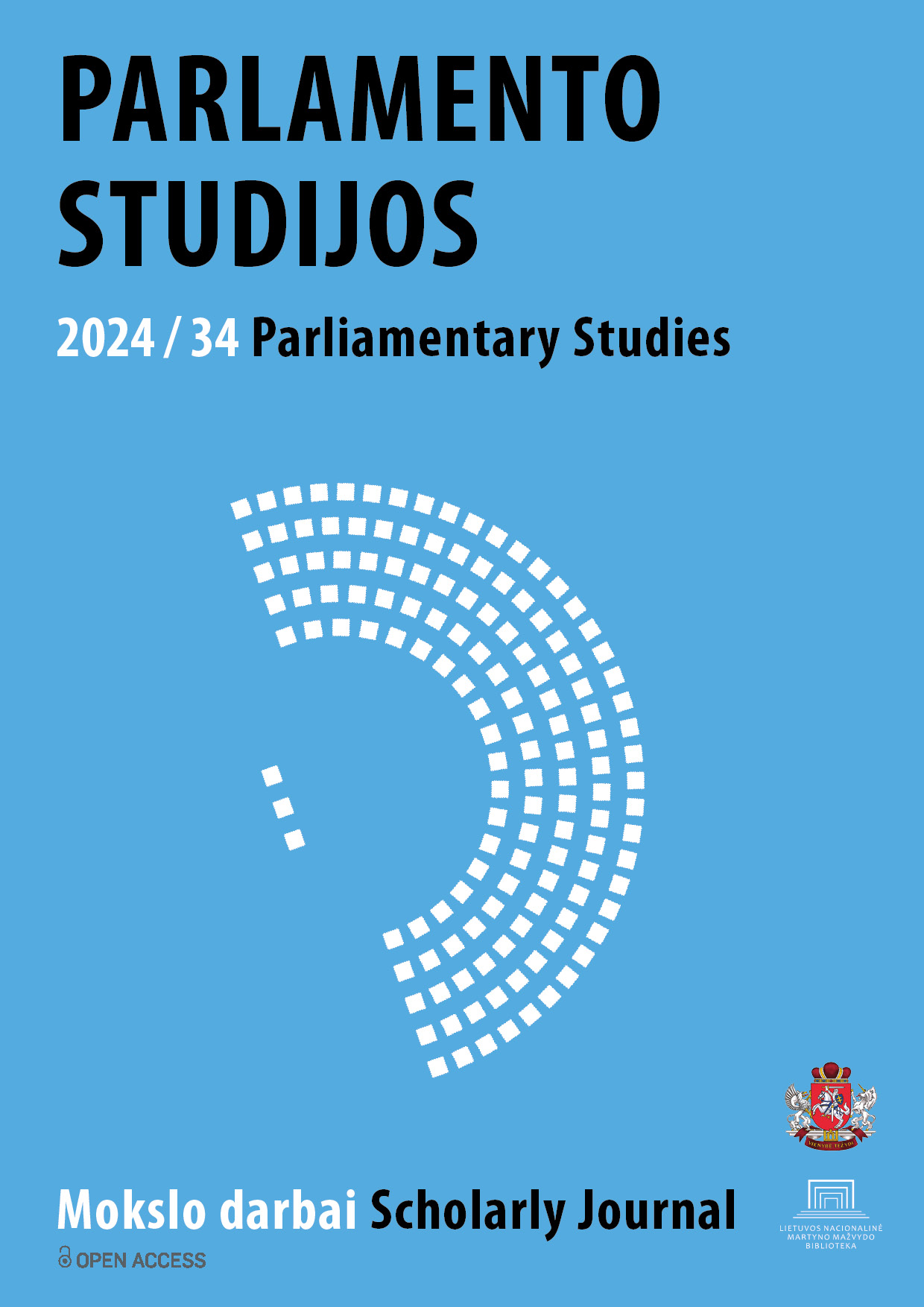How Democracies Live
DOI:
https://doi.org/10.51740/PS.34.2Keywords:
democracy, democratic self-possession, democratization, de-democratization, embedded (consolidation, resistance, resilience) democracy, limits of democracy, post-democracy, transformation of democracyAbstract
The motif of the survival of democracies arises in the context of claims about the crisis or even collapse of democracy. The article argues that there is no reason to juxtapose the two trends of describing the state of democracies and that of the abundance of challenges and their resilience to those challenges. To say that a democracy endures does not mean that it is not facing difficulties, most of which are of its own making. It is a kind of vicious circle: the more a democracy achieves and the more liberal it becomes, the more challenges it faces, especially internal ones. It also depends on the democracy. Established or resilient democracies survive when facing challenges, while democracies that have never taken root, have been most likely accidental and temporary or even prompted by external forces, collapse. Regrets are being expressed for failed democracies that should never have existed in the first place. In general, it is important in democracy studies to distinguish between democracies that are deep-rooted, aspiring to establishment, or coming into being, and those that are fading away, or failing (collapsing). Democracies survive or even recover because of two circumstances. First, even if they are criticized for unresolved problems, the population and politicians remain committed to democratic governance, and for political elites, democracy is a safe way of governing. Democracy goes on as long as it benefits the people, as long as there are and will be pro-democracy people with democratic self-restrain. The second consideration concerns what is now often called the crisis or even the collapse of democracy, when democracy stops at its own limits. For example, democratic elections are problematic, because electoral cycles do not allow for focusing on long-term problems and solving them efficiently. The pursuit of the voters’ favor means postponing some of the unpopular and painful solutions. Finally, electoral competition reinforces the fragmentation of societies, destroys their unity and weakens their sense of common purpose, and some of the elected representatives selfishly interpret the interests of the voters who delegated them. Nevertheless, the article argues that democracies are transforming, taking the forms of post-democracy and neo democracy in the process of solving their own problems. It includes learning how to operate without losing their essence in the face of unconventional protest–radical reactions to democracy’s unresolved problems, and how to deal with the emergence of authoritarian political leaders in a democratic environment and radical political forces, even if these forces are winning in a democracy and restrict the liberal component of democracy. Democracy, in general, like everything else in this over-creative/redefining world, cannot remain the same. Even if democracy is destined not to resolve its own internal contradictions, this does not mean that it will inevitably be replaced by an authoritarian regime. As a result of more external challenges, the tendencies of democratization may persist in a new form of political governance, that is, hybrid political regimes, which would be characterized not by the denial of democratization and de-democratization and, ultimately, the undisputable establishment of one of them, but by the pursuit of the simultaneity, one-directionality, and one dimensionality of the democratization and de democratization processes, measured in the same indicators of improved political governance. Since I formulate the main points of this article at the intersection of two dominant paradigms in democracy studies: democracy as the best form of political governance in principle but one that has not yet fully used its advantages in practice, and the crisis of democracy, which threatens to turn democracy into a fundamentally undemocratic regime, more systematic research is needed.









 The metadata of the scholarly journals and publications of the Lithuanian National Martynas Mažvydas Library is distributed by
The metadata of the scholarly journals and publications of the Lithuanian National Martynas Mažvydas Library is distributed by 